Filter by
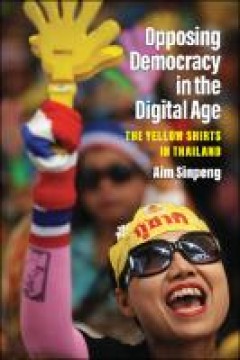
Opposing democracy in the digital age : the Yellow Shirts in Thailand
Opposing Democracy in the Digital Age is about why ordinary people in a democratizing state oppose democracy and how they leverage both traditional and social media to do so. Aim Sinpeng focuses on the people behind popular, large-scale antidemocratic movements that helped bring down democracy in 2006 and 2014 in Thailand. The yellow shirts (PAD—People’s Alliance for Democracy) that are the…
- Edition
- 13
- ISBN/ISSN
- 9780472128563
- Collation
- xiii, 270 p.
- Series Title
- -
- Call Number
- 322.4209593 SIN o
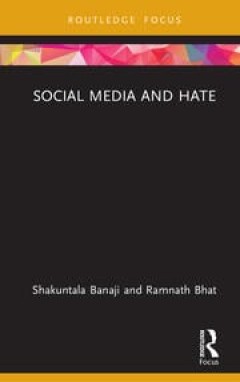
Social media and hate
Using expert interviews and focus groups, this book investigates the theoretical and practical intersection of misinformation and social media hate in contemporary societies. Social Media and Hate argue that these phenomena, and the extreme violence and discrimination they initiate against targeted groups, are connected to the socio-political contexts, values, and behaviors of users of social m…
- Edition
- -
- ISBN/ISSN
- 9781003083078
- Collation
- 130p.
- Series Title
- -
- Call Number
- 302.231 BAN s
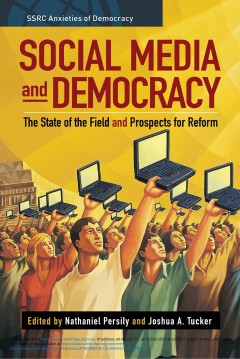
Social media and democracy : the state of the field, prospects for reform
Over the last five years, widespread concern about the effects of social media on democracy has led to an explosion in research from different disciplines and corners of academia. This book is the first of its kind to take stock of this emerging multi-disciplinary field by synthesizing what we know, identifying what we do not know and obstacles to future research, and charting a course for the …
- Edition
- -
- ISBN/ISSN
- 9781108890960
- Collation
- xvii, 345p. : ill.
- Series Title
- -
- Call Number
- 302.231 SOC s
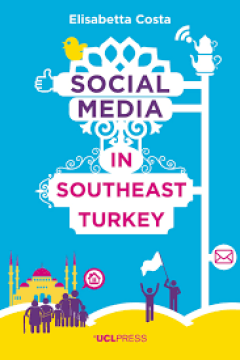
Social media in Southeast Turkey
his book presents an ethnographic study of social media in Mardin, a medium-sized town located in the Kurdish region of Turkey. The town is inhabited mainly by Sunni Muslim Arabs and Kurds, and has been transformed in recent years by urbanisation, neoliberalism and political events. Elisabetta Costa uses her 15 months of ethnographic research to explain why public-facing social media is more co…
- Edition
- -
- ISBN/ISSN
- 9781910634547
- Collation
- xi, 194 p.
- Series Title
- -
- Call Number
- 302.23109561 COS s
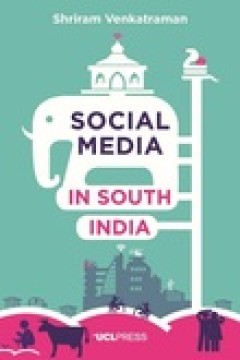
Social media in South India
One of the first ethnographic studies to explore use of social media in the everyday lives of people in Tamil Nadu, Social Media in South India provides an understanding of this subject in a region experiencing rapid transformation. The influx of IT companies over the past decade into what was once a space dominated by agriculture has resulted in a complex juxtaposition between an evolving know…
- Edition
- -
- ISBN/ISSN
- 9781911307969
- Collation
- 256 p.; 22 cm.
- Series Title
- Why We Post
- Call Number
- 302.2310954 VEN s

How the world changed social media
How the World Changed Social Media is the first book in Why We Post, a book series that investigates the findings of nine anthropologists who each spent 15 months living in communities across the world. This book offers a comparative analysis summarising the results of the research and exploring the impact of social media on politics and gender, education and commerce. What is the result of the…
- Edition
- -
- ISBN/ISSN
- 9781910634493
- Collation
- XXIV, 262 p.
- Series Title
- Why We Post
- Call Number
- 302.23 HOW h
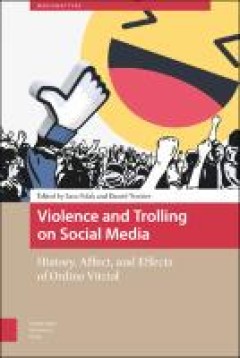
Violence and trolling on social media : history, affect, and effects of onlin…
'Trolls for Trump', virtual rape, fake news - social media discourse, including forms of virtual and real violence, has become a formidable, yet elusive, political force. What characterizes online vitriol? How do we understand the narratives generated, and also address their real-world - even life-and-death - impact? How can hatred, bullying, and dehumanization on social media platforms be addr…
- Edition
- -
- ISBN/ISSN
- 9789048542048
- Collation
- 266 p,
- Series Title
- MediaMatters
- Call Number
- 006.754 VIO v
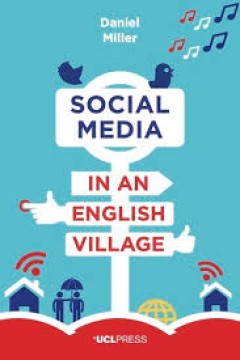
Social Media in an English Village
Daniel Miller spent 18 months undertaking an ethnographic study with the residents of an English village, tracking their use of the different social media platforms. Following his study, he argues that a focus on platforms such as Facebook, Twitter and Instagram does little to explain what we post on social media. Instead, the key to understanding how people in an English village use social med…
- Edition
- -
- ISBN/ISSN
- 9781910634448
- Collation
- xii, 209p.: ill.
- Series Title
- -
- Call Number
- 302.2310942 MIL s
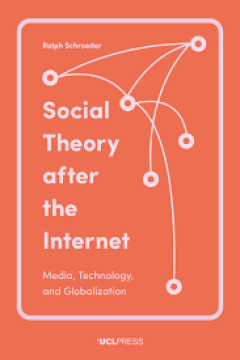
Social theory after the internet: media, technology and globalization
The internet has fundamentally transformed society in the past 25 years, yet existing theories of mass or interpersonal communication do not work well in understanding a digital world. Nor has this understanding been helped by disciplinary specialization and a continual focus on the latest innovations. Ralph Schroeder takes a longer-term view, synthesizing perspectives and findings from various…
- Edition
- -
- ISBN/ISSN
- 9781787351226
- Collation
- xii, 197p.: ill.
- Series Title
- -
- Call Number
- 303.4833 SCH s
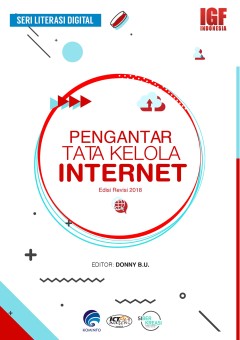
Pengantar tata kelola internet : edisi revisi 2018
Siapa saja para pemain yang memiliki kekuatan untuk membentuk internet dan apa saja yang dipertaruhkan di masa mendatang? Anda akan diajak menelusuri lansekap digital dan memahami peran berbagai pemangku kepentingan—pemerintah, operator jaringan, dan para raksasa teknologi di balik layanan internet yang kita nikmati. Di lapisan konten, para pengguna juga memiliki kekuatan untuk membentuk inte…
- Edition
- -
- ISBN/ISSN
- -
- Collation
- 96p. : ill.
- Series Title
- -
- Call Number
- 302.309598 PEN p
 Computer Science, Information & General Works
Computer Science, Information & General Works  Philosophy & Psychology
Philosophy & Psychology  Religion
Religion  Social Sciences
Social Sciences  Language
Language  Pure Science
Pure Science  Applied Sciences
Applied Sciences  Art & Recreation
Art & Recreation  Literature
Literature  History & Geography
History & Geography